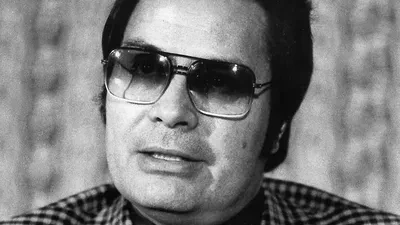
Written by Antony Githinji - Journalism Student
In 1978, a horrific event took place in Guyana that would go down in history as one of the deadliest mass suicides in history. The Jonestown massacre, as it came to be known, was the result of the twisted ideology of James Warren Jones, the charismatic leader of the Peoples Temple, a religious organization based in the South American country.
Jones was a preacher and cult leader who had a reputation for being both charming and manipulative. He used a combination of religious teachings, psychological manipulation, and physical punishment to control his followers. Over time, Jones's teachings became increasingly radical, and he began to promote the idea of mass suicide as a way to escape the perceived evils of the outside world.
On November 18, 1978, Jones ordered his followers to drink a poisoned punch, which he claimed would cleanse their souls and allow them to enter a paradise on earth. The event took place at the Peoples Temple's agricultural commune in Jonestown, Guyana. As the followers drank the poison, they began to die, with some attempting to escape or resist. In the end, 909 people lost their lives in the Jonestown massacre.
The tragedy of Jonestown serves as a cautionary tale about the dangers of cults and the importance of protecting vulnerable individuals from exploitation. It highlights the devastating consequences that can occur when charismatic leaders use manipulation and coercion to control their followers. The Jonestown massacre is a sobering reminder of the need for vigilance and the importance of standing up against harmful ideologies.